“Bitcoiners are people who, like me, have escaped a cult: the cult of fiat.”
This is an opinion editorial by Jonathan Leger, a software developer and author of the Regarding Bitcoin newsletter. A version of this article was originally published on Substack.
I was raised in a doomsday cult that taught that God was getting ready to wage the war of Armageddon and bring about the end of the current world order. The governments, all ruled by the devil, would be replaced with the Kingdom of Heaven ruled by Jesus Christ. The cult discouraged any kind of real financial planning because of this worldview. After all, what was the point of investing in a system facing imminent destruction?
This extreme religious upbringing — and my eventual escape from it — helped me in my path to understanding Bitcoin Maximalism.
Discovering Bitcoin
My Bitcoin experience began with a losing trade in the summer of 2014. After reading a few articles about this “magic internet money,” I bought my first whole coin for about $500. I wasn’t prepared for how volatile the price swings would be, though, and sold at a loss later that year. If only I had known…
The last five years have been an intense learning experience for me. At the end of 2017, I left the cult with my wife, who is currently shunned by her entire family (as required by cult doctrine). I lost all of my “friends” as well. We had to learn how the real world worked and how to build a social network outside of the ready-made set of “friends” handed to us by the church, as getting close to non-members was deeply discouraged. All non-members were going to die by God’s hand at Armageddon anyway, so there was no point in getting too familiar. Plus, their wicked ways might rub off on you, so it was best to keep your distance for fear that you might get hit by a stray fireball when the end came.
After leaving the cult, I embraced life with the fervor of a wrongly-jailed prisoner embracing freedom upon exoneration. I studied politics for the first time, since members didn’t vote or participate in any form of campaigning due to the belief that all earthly governments were Satanic. I read books on how far humanity had advanced and how much better off we all are than in centuries past, however imperfect the current world may be. I was excited and optimistic for the future.
In 2004, I had started and grew a successful business as a software developer and internet marketing coach. The tools our team developed helped people compete with larger companies for getting websites to the top of the search results in Google, as well as other related use cases. For many years, searching Google for “coolest guy on the planet” returned my website as the number one result, demonstrating the importance of the Bitcoiner mantra, “Don’t trust, verify.”
Despite making millions of dollars in successful software product launches, I lost most of it through poor financial decisions coupled with intensifying competition from much better capitalized companies. On top of that, I went through a very expensive, acrimonious divorce.
“Love is grand,” they say, “but divorce is a hundred grand.” I grew up poor and had little formal or personal education in how to properly manage money or what money even really was, so when I finally “made it” I didn’t know how to properly handle it.
As you might imagine, it wasn’t all bad. The money afforded me many incredible personal experiences. But my personal and home life were a mess, I was still a true believer in the doomsday cult praying for the end of the world, and on balance was very unhappy. I felt like the wealthy writer of Ecclesiastes, “I have seen all the works that are done under the sun; and, behold, all is vanity and vexation of spirit.”
In 2019, I was 42 years old, had escaped the cult and was remarried to a wonderful woman whom I adore. I spent much of my time studying markets to prevent repeating past mistakes and working to develop a retirement plan. I did well with stocks that year but kept hearing about Bitcoin and how it was like nothing else. After reading “The Bitcoin Standard,” I finally understood why sound money was important and why fiat was doomed to fail. I again bought into BTC, this time at around $9,000.
Contagion Hits
When COVID-19 first reared its ugly head in early 2020, I did what many people did: listen to the “experts.” But as the scenes of pandemic theater played out, I began to understand that politics exhibited many of the same attributes as the cult I came out of. There were leaders that could not be questioned and members who would shame and shun anyone who dared to speak up. Their god was “The Science,” their Pope, Anthony Fauci, their clergy, the CDC and politicians. Rights were eroded and small businesses shut down while big box chains and mega-corporations raked in record profits, including Big Pharma. Trillions of dollars were printed out of thin air, proving true the Cantillon effect that says the largest beneficiaries of changes in money supply are the people and corporations closest to the money printers.
Unlike many hardcore Bitcoiners, my investment goals were purely financial, not philosophical. Like so many others in the crypto casino, I was chasing gains. Because of this, I sold my bitcoin at $45,000 and jumped into altcoins with the belief that I could multiply my investment, which I did. In fact, I did well enough to be able to stop writing software for about a year and a half, which was a much-needed hiatus and gave me even more time for the research I was doing.
Then came the market crash of 2022. With inflation clearly not “transitory,” the money printer was halted, and the Federal Reserve began to raise rates at a historically-unprecedented pace. Markets reacted negatively, bringing all cryptocurrencies down with them. The price of bitcoin cratered along with everything else. Low prices exposed the weakness of overleveraged schemes like Celsius and Three Arrows Capital, sending them into bankruptcy. Terra collapsed along with a host of other smaller crypto operations.
The purportedly second-largest centralized crypto exchange in the world, FTX, stepped in with a promise to rescue the industry, only to turn out to be the largest fraud of them all when its own balance sheet was leaked. FTX’s founder, Sam Bankman-Fried (SBF), was accused of stealing investors’ and users’ money and sending it to its trading arm, Alameda, where it was gambled away on high-risk trades that spectacularly failed to the tune of $10 billion.
A massive “hack” of FTX followed shortly thereafter, the repercussions of which are still playing out. Evidence of political intrigue emerged, supported by the fact that most mainstream media coverage treated SBF with kid gloves, some even painting him as a victim rather than a predator. As of this writing, nobody has been arrested. By way of comparison, Bernie Madoff was in handcuffs the day after his fraud was uncovered.
Bitcoin began flying off exchanges while Bitcoiners shook their damn heads at how many people had again ignored one of their most basic truths, “Not your keys, not your coins.” While I was glad to see people finally listening, the damage done was tremendous, both in financial and reputational loss. Since my start with Bitcoin, I always self-custodied my bags and so was unaffected by any of the collapses, at least as far as losing any of my holdings.
Though I never lost my respect for Bitcoin or the principles of decentralization and sound money, these events returned them front and center to my consciousness. I resumed listening to Bitcoiner podcasts, reading long-form articles, watching videos and reminding myself just how badly off the current world financial system really is.
“It’s just math,” say the Bitcoiners, and I believe they are correct. There’s no stopping the debt spiral now. The end is indeed coming, just not in the way I had been taught growing up.
I Finally Get It: ‘Don’t Trust, Verify’
During the time I was trading and HODLing altcoins, I thought Bitcoin Maxis were too extreme. Even though I agreed with their views on sound money and decentralization and agreed that most cryptos were just vaporware rug pulls waiting to happen, I didn’t understand their disdain for every crypto that wasn’t bitcoin. This was especially true for projects that were actively being used in the real world to seemingly beneficial effect.
As a software developer myself, I am aware that there is no single tool that covers all use cases. There’s Windows, or MacOS X, or Linux for computers, Android or Apple’s iOS for phones, and countless different apps that run on all of those platforms that perform different functions, many of them competing for market share. This competition encourages innovation which ultimately makes all software better. That free-market principle is something Bitcoiners honor, so I didn’t understand why they jettisoned it when it came to cryptocurrencies. My assumption was they did so out of self-interest. If people invested in other projects, they wouldn’t put their money in bitcoin, which hurt the Bitcoiner’s own portfolio.
Then there was proof of work. It’s power intensive and comparatively slow, even if far superior to bank technologies like SWIFT in terms of speed and guaranteed settlement. Even if the “green” argument was just fear, uncertainty and doubt (FUD), why stick with proof of work when other tech had proven far faster and more efficient, making it much more viable for payments systems?
Today, at last, after everything that’s happened over the past three years, I finally get it.
“Don’t trust, verify.”
The whole Bitcoiner philosophy comes down to those three words. Trust has always been abused, even if only by a small minority. But all it takes is a minority of people abusing and misusing your trust to cause you, and everyone else who trusts them, grave harm. So don’t trust, verify.
How does this relate to Bitcoiner’s referring to all other cryptos as “shitcoins” and dismissing them outright? It’s simple. The entire fiat currency system is a Ponzi scheme. Fiat is “money by decree” — it’s not backed by any real asset and only has value because the government says it does. Governments use fiat to rob citizens by printing money without citizens’ consent. This is, in effect, a tax that has not been approved by or voted on by the people. It’s theft.
For example, prior to fiat, governments would need actual hard currency (usually gold) to fund the wars they wanted to fight. If they didn’t have the money, they couldn’t fight the wars without raising taxes, which is never a popular proposition. With fiat, however, the government can print as much money as they want, pulling the money to fund their self-serving conflicts out of the pockets of the people who use that fiat currency: no permission necessary, and without most people realizing what’s happening.
Fiat also keeps people on a perpetual hamster wheel through inflation. If you know the money you have in the bank will be worth less next year than it is this year, you must keep trying harder to earn more money, year after year, just to keep your head above water. This keeps the majority of people as perpetual wage slaves, never quite able to get ahead, at least not enough to stop and enjoy their lives.
Without inflation you could live below your means, save your extra money, and trust in the deflationary effects of technology to make your money stretch much further once you decide to retire. After all, with technology constantly making supply chains more efficient through improvements in transportation and automation, everything should cost less over time, not more. And yet prices keep rising. Why? Inflation.
So what does fiat have to do with cryptocurrencies other than bitcoin? All other cryptocurrencies are working within the current financial system trying to improve it, make it more efficient, provide better privacy, etc. This has some positive effects. For instance, stablecoins give access to the U.S. dollar to people in countries whose currency is undergoing severe inflation and whose banking systems are corrupt or unreliable. But it still requires the fiat Ponzi to function.
You can talk until you’re blue in the face about how a highly-efficient cryptocurrency could give access to the financial system to billions of unbanked individuals, improving their lives by helping them escape their own inflationary currencies and bypassing their corrupt governments. But it doesn’t matter because you’re only providing those people access to another fiat currency, and fiat is murdering the free market. You can talk about how issuing tokens give small businesses the ability to raise money without having to pay billions to big banks to IPO. Doesn’t matter. You’re still working within the fiat system, and the fiat system is the fundamental root of all the problems to begin with.
To the Bitcoiner, cryptocurrencies are decks being built onto the Titanic as it sinks, while Bitcoin is the life raft people need to get on to save themselves. The tech of some cryptos might be great, but it only delays the inevitable demise of the sinking ship. Maxis believe that bitcoin is destined to replace fiat, not shore it up, returning sound money to the world. As they often say, “Bitcoin fixes this.”
For Bitcoiners, this isn’t just about money. It’s a guidestone that influences every aspect of life. It’s a belief system, though I’ll stop short of calling it a religion, since people of every conceivable religion also subscribe to its tenants. To those who aren’t Bitcoiners, maxis can appear to be in some kind of cult, but it’s not a cult. Quite the opposite, in fact.
Bitcoiners are people who, like me, have escaped a cult: the cult of fiat. Once they were like everyone else, brainwashed into believing that the government could be trusted with control over the money printer, that the Fed was capable of central planning of the economy, and that inflation was necessary for economic growth.
Plato’s famous Allegory of the Cage describes a group of people who have lived chained to the wall of a cave for their entire lives. All they can see is a blank wall and the shadows cast upon it from a fire burning behind them. They give the shadows names, believing them to be actual representations of the real world. One of the prisoners escapes from the cave and, having experienced the actual world, realizes that the shadows are not true representations of it. He returns to the cave to try and convince the other prisoners, but they don’t believe him because the shadows are all they have ever known. Bitcoiners are the escaped man.
The Bitcoiner tribe can be rowdy and crass and harsh, but you must consider what they’re out to achieve and what they’re up against. Their endeavor is not for the faint of heart. It’s a real David and Goliath moment. The Bitcoiner stands, golden coins in hand, looking the giant in the eye with a defiance that onlookers usually perceive as madness. Maybe it is madness, but without that dauntless quality, Bitcoin wouldn’t have come as far as it has. And I, for one, will cheer them on as the giant collapses.
This is a guest post by Jonathan Leger. Opinions expressed are entirely their own and do not necessarily reflect those of BTC Inc or Bitcoin Magazine.

You can get bonuses upto $100 FREE BONUS when you:
💰 Install these recommended apps:
💲 SocialGood - 100% Crypto Back on Everyday Shopping
💲 xPortal - The DeFi For The Next Billion
💲 CryptoTab Browser - Lightweight, fast, and ready to mine!
💰 Register on these recommended exchanges:
🟡 Binance🟡 Bitfinex🟡 Bitmart🟡 Bittrex🟡 Bitget
🟡 CoinEx🟡 Crypto.com🟡 Gate.io🟡 Huobi🟡 Kucoin.

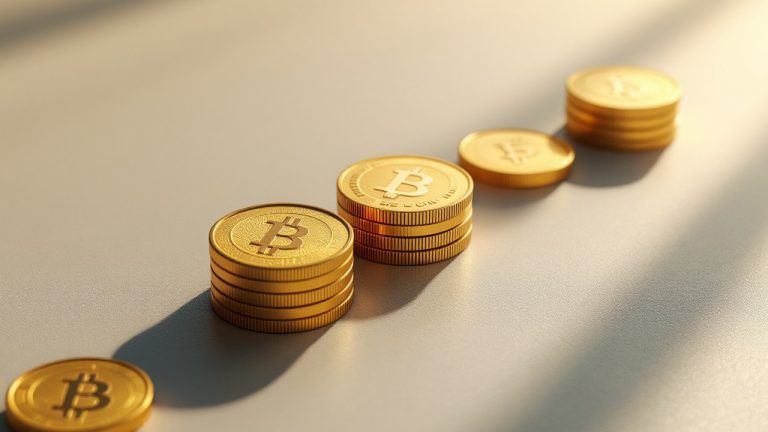







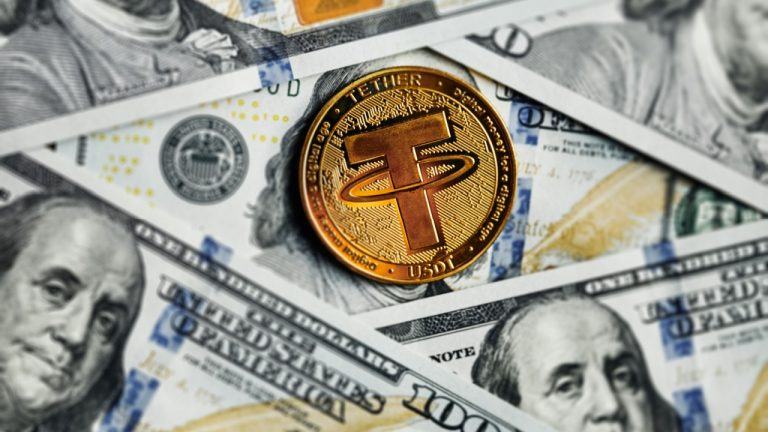
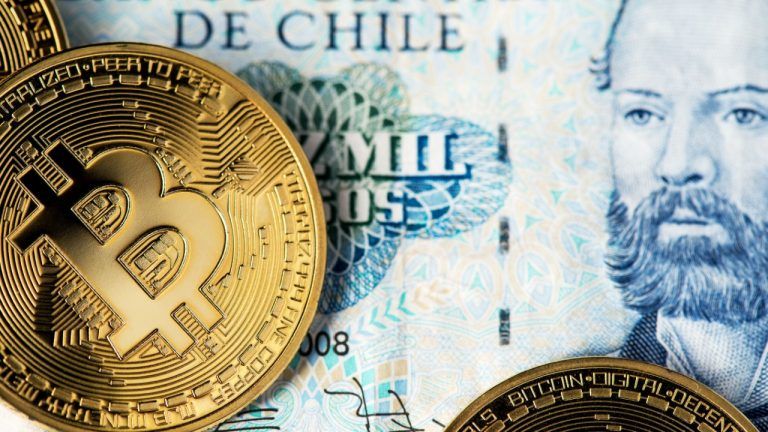







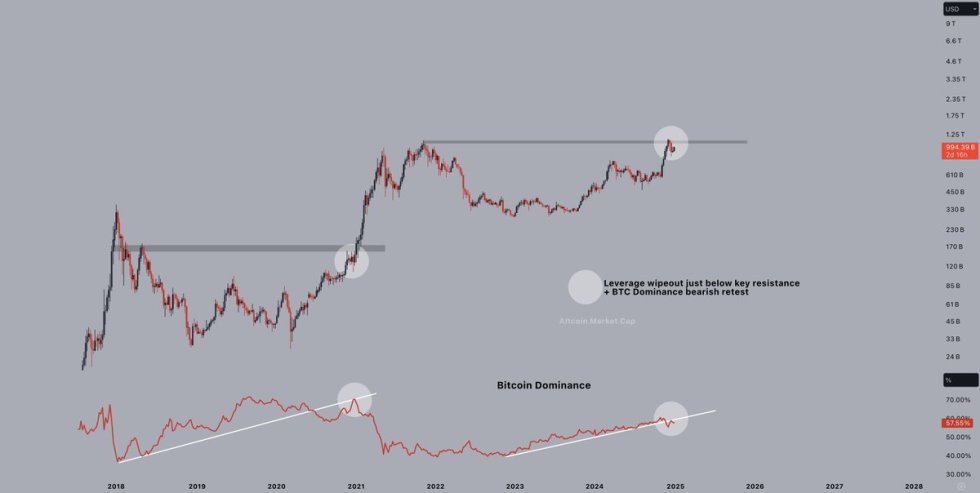
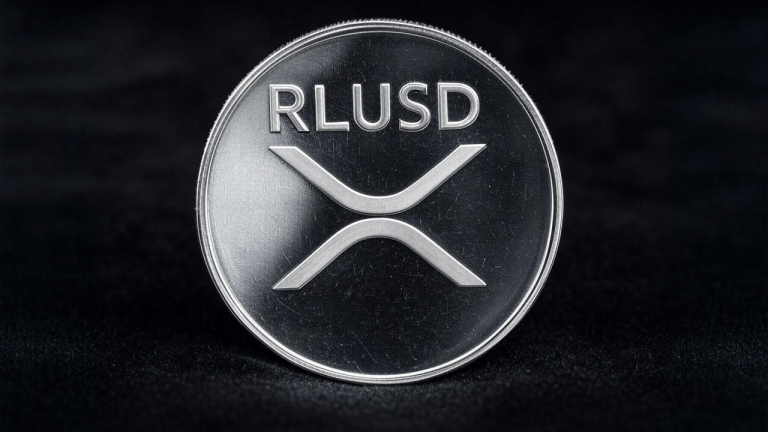
Comments